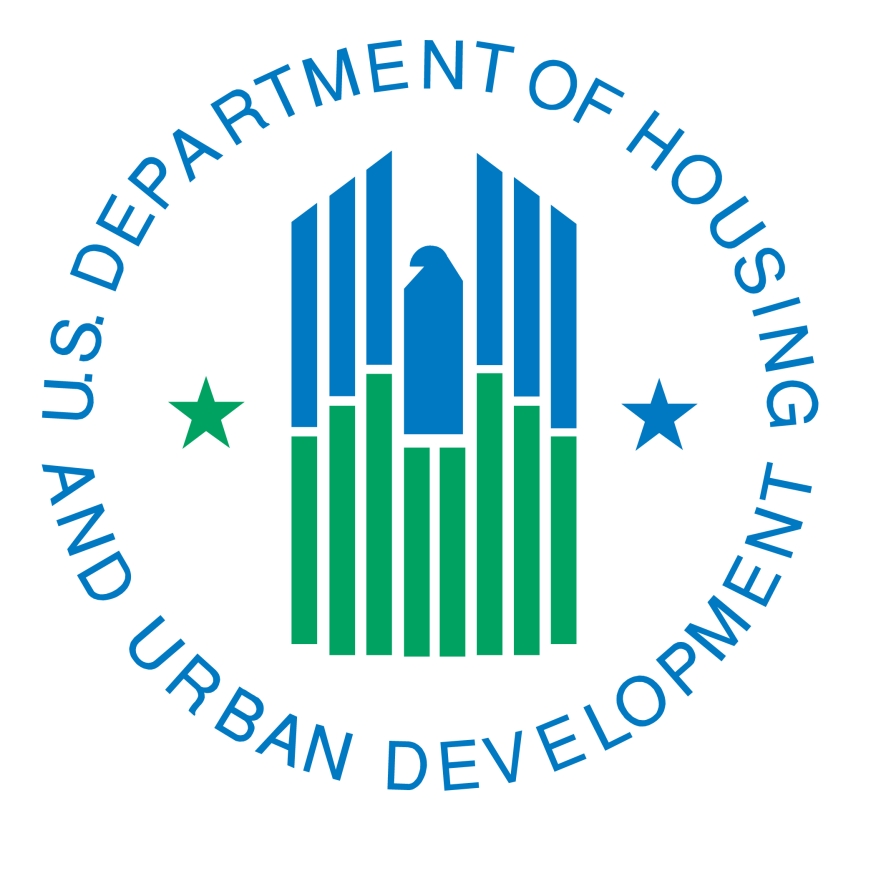HUD Awards $150 Million to Assist Low-Income Borrowers

To help prevent thousands of individuals with disabilities from being unnecessarily institutionalized or possibly falling into homelessness, the U.S. Department of Housing and Urban Development (HUD) has announced it is awarding $150 million in rental assistance to 25 State Housing Agencies. In turn, the state agencies will provide permanent affordable rental housing and needed supportive services to nearly 4,600 households who are extremely low-income persons with disabilities, many of whom hoping to transition out of institutional settings back to the community.
HUD’s support of state housing agencies is made possible through the Section 811 Project Rental Assistance (PRA) program which enables persons with disabilities who earn less than 30 percent of their area’s median income to live in integrated, affordable housing. State housing agencies and their state Medicaid and Health and Human Service partner agencies identify, refer, and support target populations of persons with disabilities who require community-based, long-term care services to live independently. This is one of several recent collaborative efforts between HUD and the U.S. Department of Health and Human Services (HHS).
“Everyone needs a stable home to call their own, especially persons with disabilities who can live on their own yet are at risk of becoming homeless,” said HUD Secretary Julián Castro. “These grants will provide real opportunity by cutting health care costs for states while allowing folks to live as independently as possible.”
“Communities and families are stronger when all citizens have the opportunity to fully participate and contribute to society,” said HHS Secretary Sylvia M. Burwell. “By providing permanent housing as well as access to needed supportive services, these grants are helping to fulfill the promise of productive, meaningful lives in their communities for people with disabilities.”
This announcement reinforces the guiding principles of the Americans with Disabilities Act and the landmark 1999 Supreme Court ruling in Olmstead v. L.C., helping states and local governments to provide services in the most integrated settings appropriate to meet the needs of individuals with disabilities.




